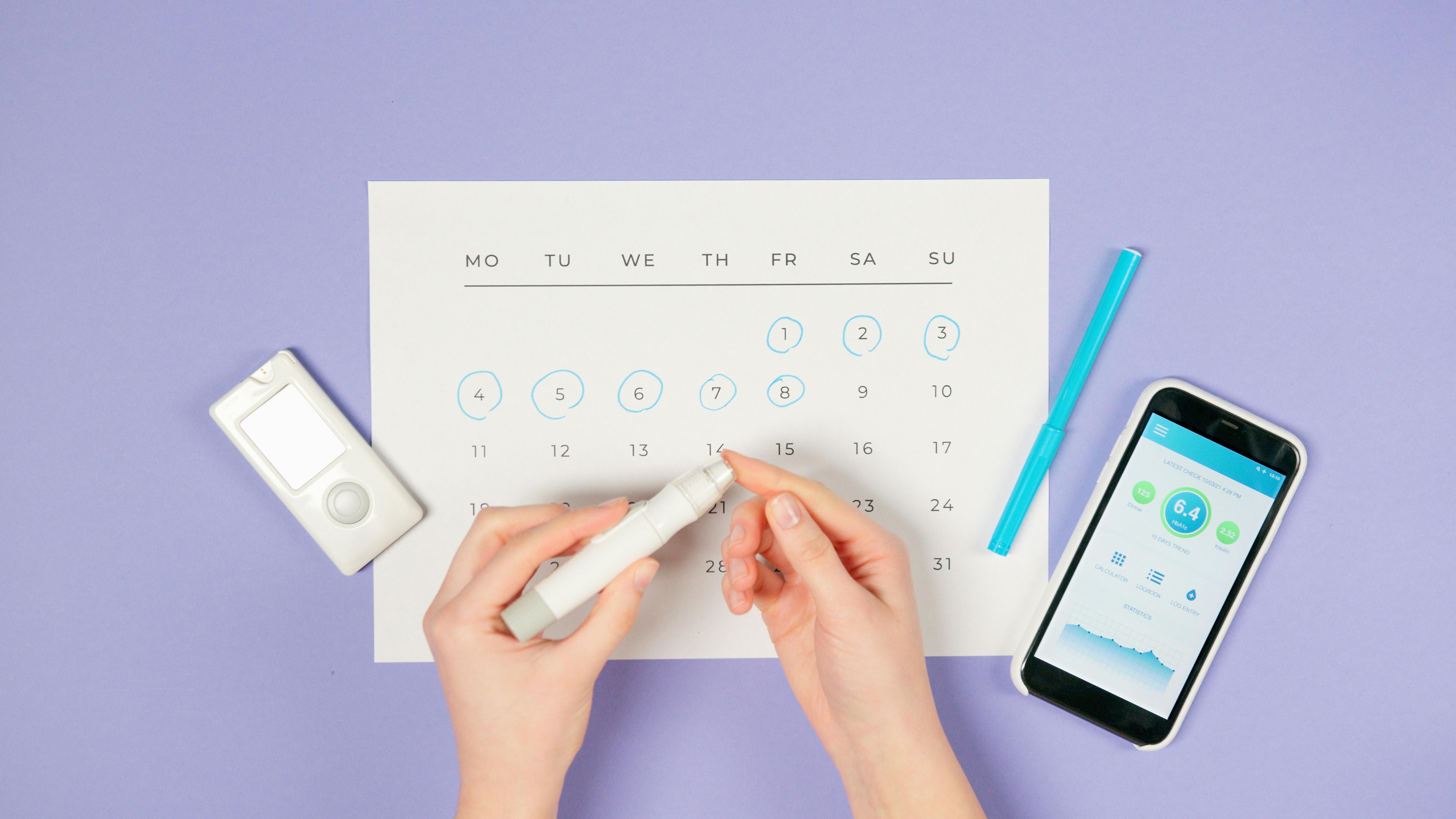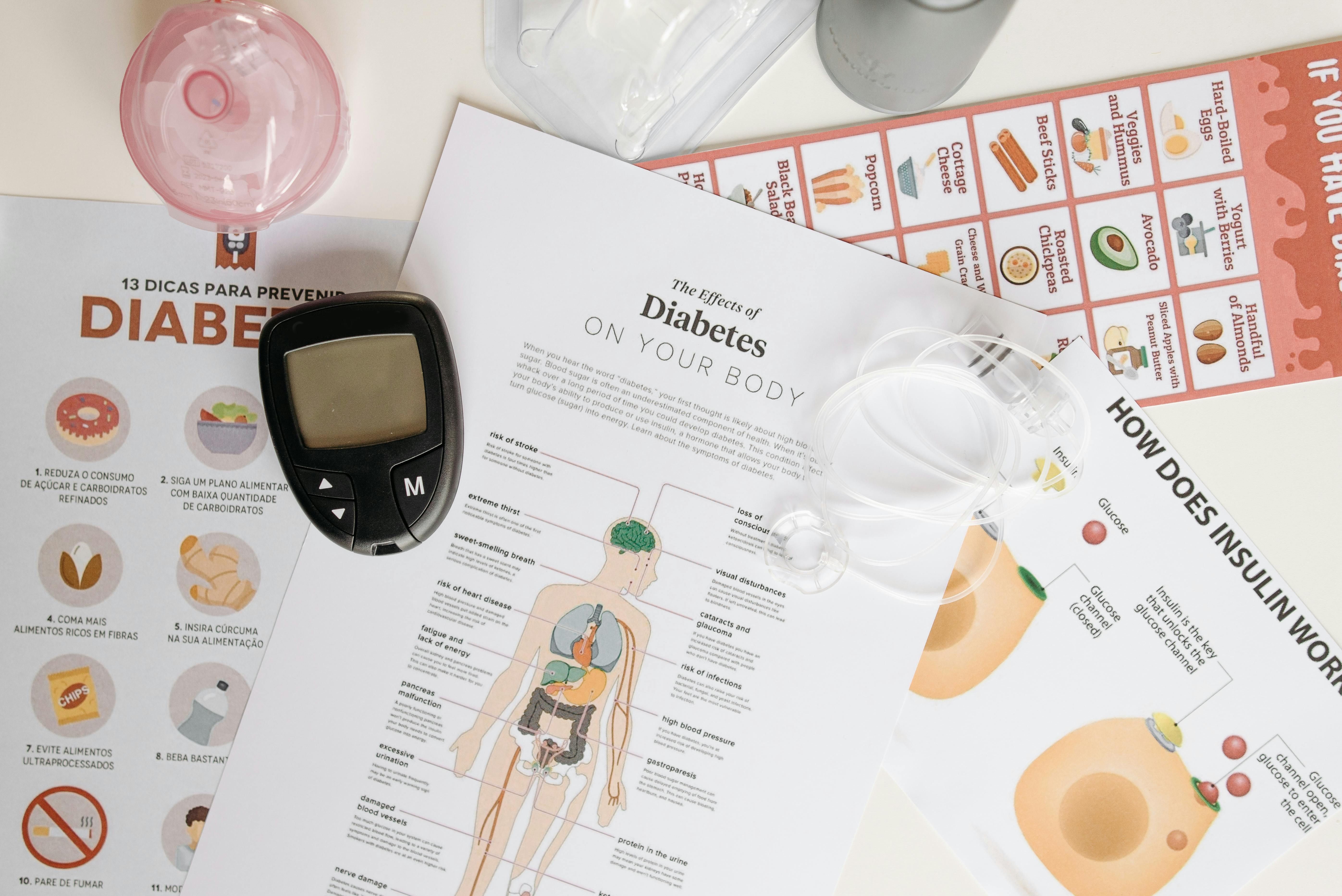
How Circadian Fasting Benefits Women’s Health
When it comes to fasting, timing is everything—literally. Aligning your eating patterns with your body’s circadian rhythm—your internal 24-hour clock—...

Have you ever considered the buzz around intermittent fasting (IF) and wondered how it fares for women with Type 1 Diabetes (T1D)? There’s a lot to unpack here, especially with the challenges and nuances of managing T1D. We’re diving deep into how IF intersects with T1D in women, looking at the benefits, the risks, and the debates swirling around them.
So, what’s IF all about? In essence, it’s a pattern of eating that cycles between periods of fasting and eating. Popular formats include the 16/8 method, where you fast for 16 hours and eat within an 8-hour window, and the 5:2 approach, which involves eating normally for 5 days and significantly reducing calorie intake for 2 days.
IF enthusiasts rave about benefits like weight loss and improved metabolic health. And there’s science to back this up – Patterson and Sears’s review in 2017 highlighted how IF can enhance insulin sensitivity and help manage blood sugar levels. But, it gets trickier for women. The hormonal interplay can make IF’s effects somewhat unpredictable, necessitating a tailored approach.
T1D is an autoimmune condition where the pancreas makes little to no insulin. It’s a full-time management gig, with insulin therapy, diet, and lifestyle at the center. Women face unique challenges, like hormonal fluctuations that can affect blood sugar levels. Plus, considerations around pregnancy add another layer of complexity.

Now, merging IF with T1D management brings up some interesting conversations. Research, like the one in Cell, say that IF may have benefits for women with T1D, but gives some cautions. For patients with T1DM wishing to start a fasting program, it is imperative that these individuals be in frequent contact with their healthcare providers, particularly in the early stages of diet. It is also recommended that these patients use continuous glucose monitors (CGM) daily to closely monitor their glucose levels during the fast.
There are potential upsides, including better weight management and possibly improved insulin sensitivity. But, let’s not forget the potential risks. The balance is delicate, and straying towards hypoglycemia or ketoacidosis is a concern.
Real stories from women who’ve navigated IF while managing T1D add invaluable insights. These accounts range from those who’ve found a new lease on life to others who’ve encountered significant hurdles. It’s a mixed bag, highlighting the importance of personalized approaches and the variability in individual experiences.
I’m Jenna, and I’ve lived with Type 1 Diabetes (T1D) for almost ten years. Curious about intermittent fasting (IF) for weight loss, I discussed it with my doctor and decided to give it a try, using the Prime Fasting app for guidance. At first, losing weight felt great, but the real challenge was keeping my blood sugar levels in check. Even with short fasting windows, I had to constantly monitor my glucose and stay in touch with my doctor to adjust my insulin. The process was stressful. Despite the support and careful management, the fear of hypoglycemia loomed large. Looking back, I wouldn’t recommend IF to someone with T1D without serious caution and medical advice. It’s a reminder that managing diabetes safely is more important than any diet trend.
Jenna
If you’re considering IF, it’s crucial to proceed with caution. Monitoring blood glucose levels and possibly adjusting insulin dosages become even more vital. The American Diabetes Association’s 2023 consensus report is a goldmine for anyone looking to dive into the nutritional aspects of diabetes management, emphasizing the need for individualized dietary plans.

The landscape is ripe for more research, especially on how IF impacts women with T1D over the long term. Codner and Merino in the Endocrine shed light on the hormonal intricacies in women with T1D, marking a promising area for future studies.
Wrapping up, the intersection of IF and T1D in women is anything but straightforward. It’s a tapestry woven with individual stories, scientific research, and evolving guidelines. The key takeaway?
Embrace a personalized, informed approach, always in consultation with healthcare professionals. As we forge ahead, let’s stay tuned for more insights and breakthroughs in this fascinating intersection of nutrition and health.
A: Yes, with precautions. It’s essential to closely monitor your blood sugar and collaborate with your healthcare team for insulin adjustments.
A: Fasting can indeed cause blood sugar levels to fluctuate. It’s crucial to monitor your glucose levels closely and have a plan for managing lows.
A: Some potential benefits include better weight management and improved insulin sensitivity. However, outcomes can vary, so discussing expectations with your doctor is important.
A: Starting with shorter fasting periods might be more manageable. Always consult with a healthcare provider to tailor the approach to your specific health needs.
A: Key precautions include frequent blood glucose monitoring, being prepared to treat hypoglycemia, and adjusting your insulin dose under medical supervision.
A: Yes, changes in diet and body weight can influence your hormones and menstrual cycle. If you notice any changes, consult with your healthcare provider for advice.

When it comes to fasting, timing is everything—literally. Aligning your eating patterns with your body’s circadian rhythm—your internal 24-hour clock—...

That first cup of piping hot black tea in the morning is practically a sacred ritual for many of us. The rich, earthy aroma wafting through the kitche...

Intermittent fasting (IF) and autophagy represent a burgeoning interest in nutritional science, particularly among women. IF is not merely a diet but ...

Intermittent fasting (IF) has gained popularity as a method of improving metabolic health and aiding in weight management. Among the most common metho...

The landscape of dietary practices is ever-evolving, with intermittent fasting (IF) emerging as a popular method attributed to numerous health benefit...